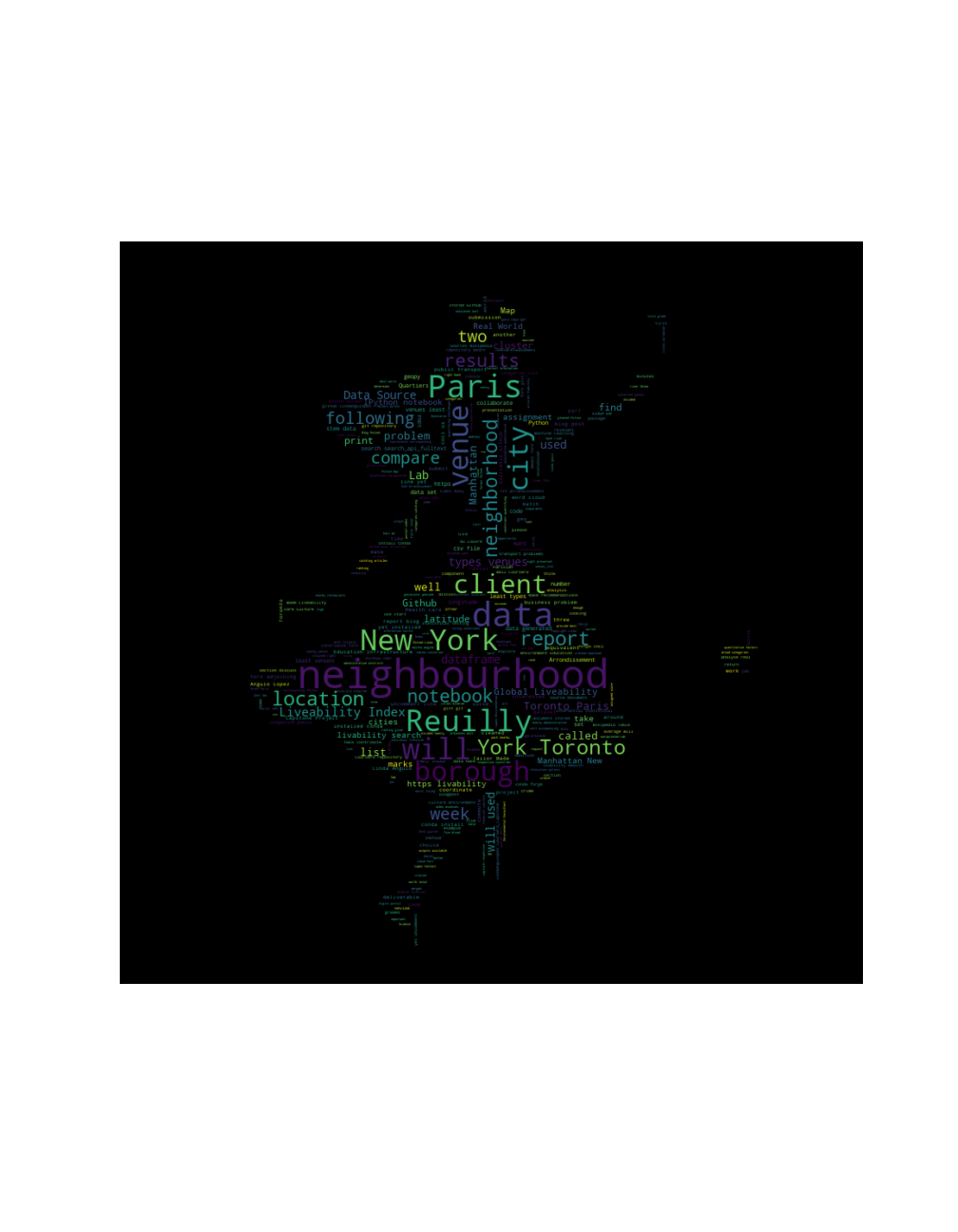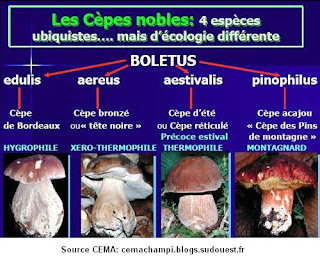The Battle of the Neighborhoods
This blog was submitted for the ‘Applied Data Science with Python
Specialisation’ an IBM-Coursera MOOC’s Capstone Project
requirement, known as ‘The Battle of the Neighborhoods’.
The chosen scenario was the following business case, a relocation adviser has to make recommendations to clients
who will move to one of the cities listed in the Economist Intelligence Unit's (EIU’s) Liveability Index.
Using the share resources any of the 140 listed cities decision cards' can be reproduced.
The incident of a person who has two job offers, one in Manhattan, New York and another in York, Toronto
was tackled here. They are undecided as both cities are very diverse and are the financial capital of their respective
countries, both jobs are equally attractive with living expenses being taken care of in both cases.
The client is Parisian and would like to maintain their lifestyle:
- They want to keep the habit of taking walks to and from work and
- is picky eater, they only eat at restaurants,
- wants to be in a crime free environment,
- away from congestion and public transport problems
- but at the same time is addicted to the ‘big city buzz’, with its
prestigious hubs and a wealth of recreational activities!
A ‘big city buzz’ factor was created using the top 5 venues listed by folium for each cluster and then merged to the EIU’s
index to balance to create Word Cloud Cards, which were the tools to make decisions on:
- Whether Manhattan, New York or York, Toronto will offer the ‘big city buzz’, but not be too challenging to live in.
- Which of the neighbourhood cluster are will be a better home away from home from Reuil Paris
While the Tailor Made Liveability Index, included not only the challenges that are faced
in a big city by merging the EIU’s index with the ‘big city buzz’ factor so very much sought
after by city dwellers. Here is an aerial view of Battery Park City it was part of the New York,
Manhattan clusters which was pushed, which also includes the neighbourhoods of ,
Morningside Heights and Roosevelt Island, these neighbourhoods offers suburban
living in the Heart of New York City comparable to that of Reuilly, Paris.
After much data mining, munging and visualizations the bias of the EIU’s index was revealed.
It shows a clear preference for lower density and less built up cities, like Toronto over the big buzz in the big apple, New York, whoes card is above, and that of York, Toronto below. As you can see York Toronto, is dominated by EIU's features and is the 'safe' but boring option. Not at all what the adventurous client is seeking!!!
Acknowledgements
Many thanks to Dr Chuck (PY4E - Python for Everybody ),
Alex Aklson (IBM Data Science Professional Certificate | Coursera),
and the volunteer mentors on Coursera all of whom helped me fly with python.










Thank you for sharing such an amazing article regarding neighborhood and related things in Toronto. Really appreciated your work. https://findyourneighbourhood.com
ReplyDelete